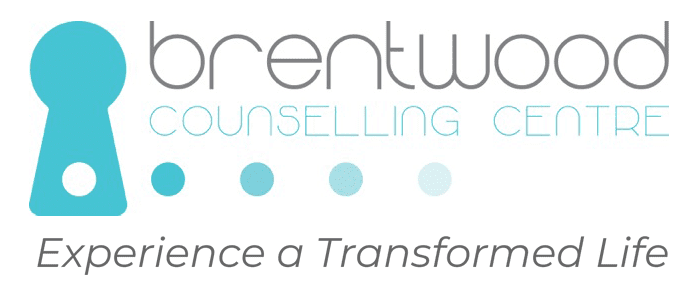Written by: Isabel Bleim, MCP, RCC, CCC
It’s nearly Easter! Many of us associate this time of year with the chocolate-hiding bunny, but what is Easter really about? Theologians tell us that Easter encapsulates the concepts of forgiveness, redemption, and love.
Regardless of our religious/spiritual affiliation, or adherence to atheism, the health of our interpersonal relationships depends on how well we make amends.
Although ruptures occur in all relationships, repairing ruptures is another story. The question, then, is how do we repair them? The short answer is, we apologize.
We all like receiving an apology, but how many of us know how to give one? Do your apologies sound conditional (e.g. I’m sorry if you feel offended”) or do they convey blame (e.g. “I’m sorry but you made me do it!)?
An authentic apology is unconditional and void of blame and require the following five factors:
1. Expression of regret: begin by simply saying “I’m sorry” and specify the behaviour you demonstrated and that you regret.
2. Explanation of what went wrong: state what led to your behaviour, keeping in mind that the explanation is not offered as an excuse, rather a recognition of responsibility.
3. Acknowledgement of the consequences of your actions: state the distress or emotional harm you observed that were caused by your actions.
4. Declaration of repentance: state your willingness to do better and/or your commitment to prevent future harm.
5. Offer of repair: state something you will do/give that concretely represents your sincere desire to restore the relationship.
Providing apologies can be difficult. Yet, when we reflect on our behaviour and our goal to repair a relationship rupture, providing an apology can liberate us and our significant others from the cycle of blame and shame.
Of course, this takes practice, so let’s now turn to a vignette that provides two apologies. Can you identify the effective apology?
A father arrives home after a stressful day at work. He sees his son’s goalie net sitting in the cul-de-sac. Annoyed, he bursts into the house yelling. His 10-year-old son races to meet him, and he bellows, “How many times do I have to tell you to put your things away? When will you learn to take care of your equipment?” His son looks up scared and confused. The father yells, “What is your excuse now?” His son sobs, “Dad, my goalie net is in the garage.” Upon inspection, the father remembers that the neighbour next door has the same net.
Apology A
Well, that’s good, you finally listened to me. Sorry about yelling but you know I wouldn’t have yelled if you just listened to me more often. Keep up the good work, and maybe I won’t need to yell at you anymore.
Apology B
I’m very sorry I yelled at you. I had a long day I let my stress spill over to you. That was wrong. I’m sorry I scared you and hurt your feelings. I promise I will do better next time. I need to slow down and take a deep breath so I can speak to you calmly and not accuse you.
Of course most apologies are not as glaringly inauthentic as Apology A. Just keep in mind that an effective apology moves you closer toward your goal of repairing an important relationship and can foster forgiveness.
Speaking of forgiveness, presenting chocolate with your apology, rather than hiding it like the Easter bunny, might sweeten and hasten your return to a harmonious relationship.
“Can we hug it out? And after dinner let’s play catch?”
Contact Brentwood Counselling Centre today to see how we can support you in amending your relationship.







